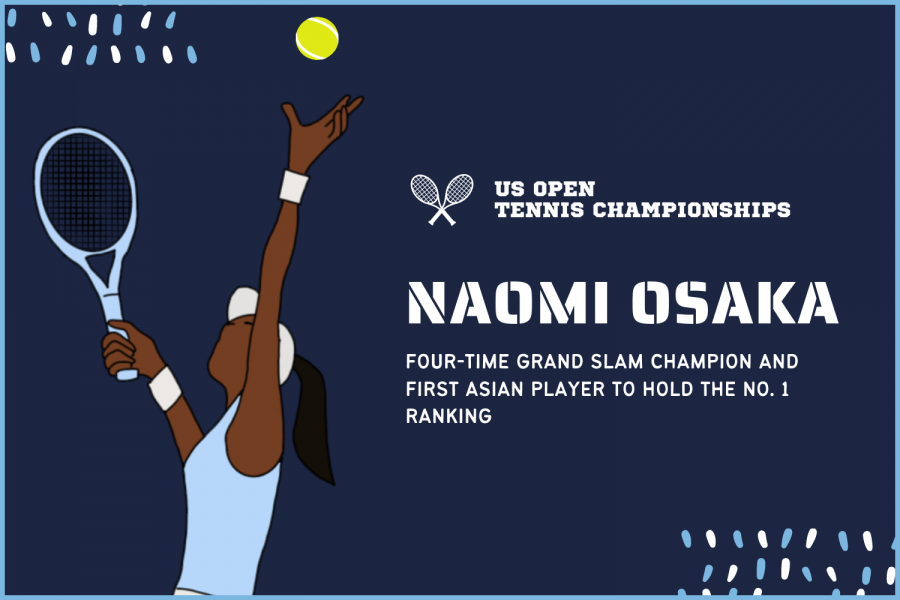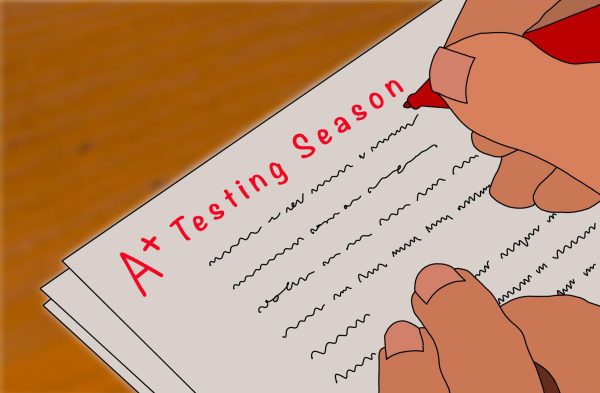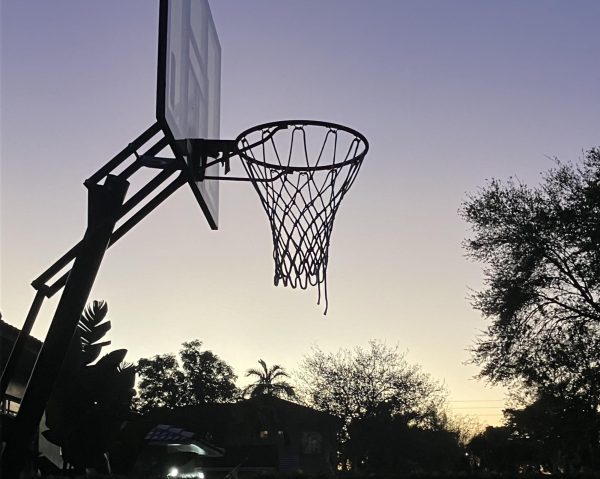Naomi Osaka’s Mental Health Battle: Paving the Way for Future Athletes
Naomi Osaka deserves better than the treatment she has been receiving from the tennis world.
To say that Naomi Osaka, the current third best women’s tennis player in the world, has had a rocky year would be an understatement. The four-time Grand Slam champion and outspoken social activist sparked controversy at this year’s French Open when she declined to participate in any of the tournament’s press conferences to protect her mental health. Despite the fact that this decision was a brave and wise move, it was met with a completely unnecessary onslaught of backlash from officials who wrongly chose to punish her.
Indeed, the governing bodies of the four Grand Slams (the French Open, “U.S” Open, Wimbledon, and the Australian Open) all got involved. They gave Osaka a hefty fine of $15,000 and even threatened Grand Slam suspensions if she continued to skip press conferences. Osaka pushed back on Twitter, stating she hoped the fine she paid would be donated to a mental health charity. Ultimately, the treatment she received caused her to pull out of the tournament. When explaining her decision to do so, she stated that she had “suffered long bouts of depression since the U.S Open in 2018”, referring to the infamous tournament in which she became one of the youngest women to win the championship at age 23, but faced immense hostility from the American crowd after defeating the beloved Serena Williams. The pressure she feels daily is something many of us can’t even begin to fathom. Osaka elaborated on this pressure to constantly be perfect in her Netflix docuseries, in which she stated that her sole purpose is to be a great tennis player and without this, she doesn’t know what would define her.
Now we must wonder if the handling of this situation was a clear example of the hypocritical tendencies of this particular sport. As a woman of color, Osaka is sometimes more vulnerable to unfair media coverage and press questions at conferences. Many of these questions are bizarre, out of place, or just downright sexist, such as when an 18-year old female tennis player named Amanda Anisimova was asked how she was managing to play at a consistent level despite the out-of-the-blue death of her father. This question was not only extremely weird, but it was also deeply inconsiderate of Anisimova’s feelings. This question sadly caused her to break down that day, and it is hard to think of an instance in which a man was asked a similar question. In fact, even the most widely-respected female tennis player of all time, Williams, still gets called “too aggressive” by some members of the press.
In addition, the actions of women and people of color are often scrutinized more heavily than white males’ actions. Though Novak Djokovic—the best male tennis player in the world—smashed his racquet repeatedly after losing a singles match at the 2021 Tokyo Olympics, he experienced little scrutiny by the media for his clear irrationality, and was not even fined for the incident. On the other hand, Osaka, who respectfully declined to have the limelight on her for just one tournament, became a laughing stock amongst the tennis world.
There are quite a few double standards between men and women when it comes to pay and the simple perceived degree of what actions between men and women are proper,
— sophomore Lenox Balzebre
Another important double standard worth mentioning is often easy to miss: the tennis tour’s consistent prioritization of physical health over mental health. At the very same tournament in which Osaka received her fine, 20-time Grand Slam champion Roger Federer decided to pull out to focus on Wimbledon because grass is his preferred surface. Not only did he completely kick the French Open to the curb, but he had no pressing injuries at the time. Nonetheless, his decision was completely legitimate. In fact, he was even applauded for taking initiative over his physical strength. Tennis officials clearly fail to understand that mental health is just as important as physical health, and that a mental health setback should be dealt with in the same way as a physical injury.
“She [Osaka] is truly an inspiration to all young people struggling with mental health. Osaka has helped me to understand that it is okay to take time for me and to be who I am without being forced by the pressure of others to be someone I am not,” sophomore Steffi Sarmiento-Mena said.
Unfortunately, even with waves of support for her decision, it must be noted that Osaka’s press-related struggles didn’t start and end at the French Open. Just recently, at a press conference in Cincinnati, she was asked a question demanding why she did not enjoy talking to the media despite having a social media platform and outside business partners. The question made Osaka so upset that she began to cry, and she had to take a few minutes to step out before coming back to answer more questions. This reporter wanted to induce a response: he wanted to make her feel guilty. This incident, and countless other incidents involving young, female tennis players, represent a total failure on the part of the tennis tour and the press to treat mental health as a complex, serious issue.
Tennis organizations such as the USTA and Grand Slam officials need to do more to combat this problem. Osaka herself has argued that tennis players should be allowed to skip press conferences in rare instances in order to simply take a break without having to disclose personal symptoms. This idea is definitely a good compromise between the media and the players themselves. Rude and disrespectful behavior on the part of the press should also be condemned and dealt with more severely because of the profound impact these comments often have on athletes. Osaka has shined a bright light on this issue by reminding fans that “it’s O.K not to be O.K”, but it is about time that tennis organizations follow this motto for all ailments.
Your donation will support the student journalists of Coral Gables Senior High School. Your contribution will help us cover our annual website hosting costs.

Emmanuelle "Emma" Desmet is a senior in the International Baccalaureate Program. This is her third year in CavsConnect and she is excited to gain more...

Anthony Abrahantes is a senior in the International Baccalaureate program. Born in Miami, Anthony is the middle child in his family. This will be his third...















